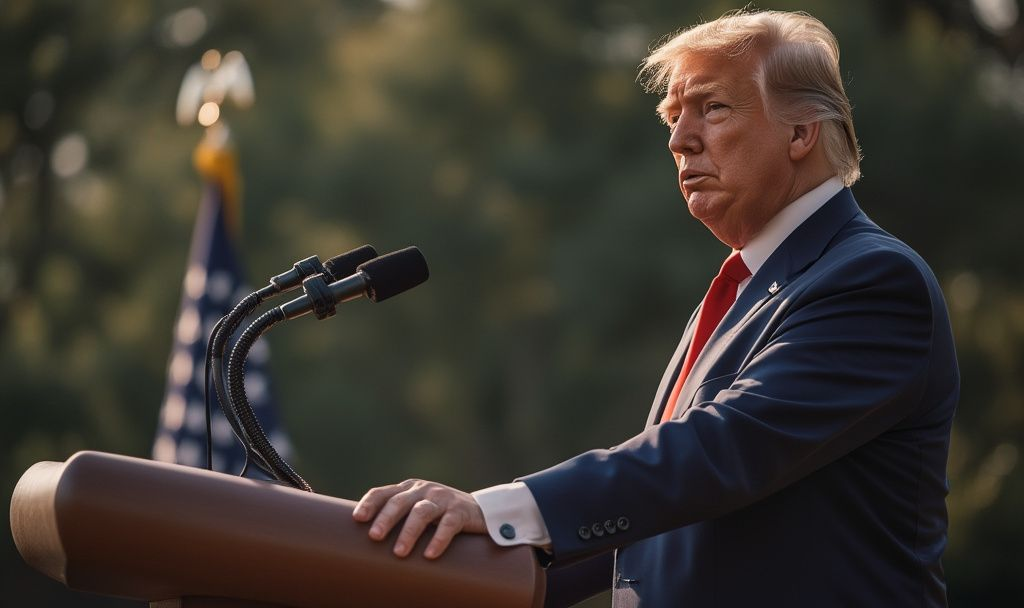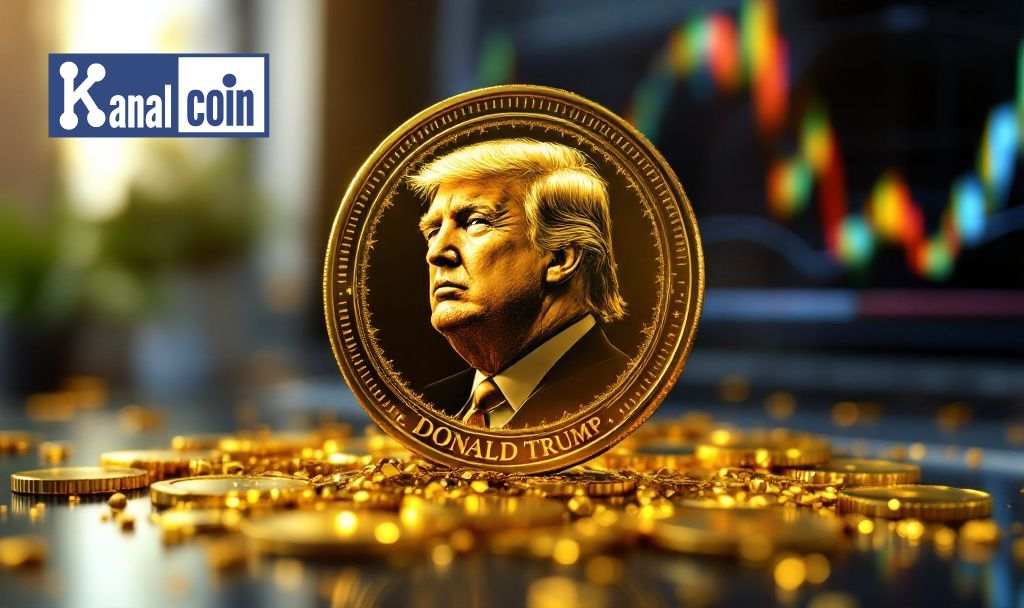
On Tuesday, U.S. President Donald Trump announced a suspension of tariffs on consumer electronics, providing a positive outlook for Asia-Pacific markets, which are expected to rise shortly after the announcement.
This decision is significant for stabilizing market conditions and alleviating trade tensions. Market participants reacted positively, expecting a short-term boost in regional stocks and improved U.S.-China relations.
Trump’s Electronics Tariff Suspension: A Strategic Trade Move
The suspension of tariffs on consumer electronics by the Trump administration marks a strategic move to ease trade tensions. The decision affects various sectors, notably technology, poised to benefit from boosted investor confidence.
The U.S. administration cited the need for market stability as a primary reason for delaying the tariffs. This announcement follows a series of negotiation attempts between U.S. and China aimed at fostering better trade relations. As Donald Trump stated, “I decided to freeze the reciprocal tariffs policy for 90 days to provide relief to businesses and consumers.”
Positive Market Response Across Asia-Pacific Indices
Markets in Asia-Pacific, including major indices, responded positively to the news. Analysts predict increased investments in electronics sectors, potentially driving economic growth in key markets such as China and Japan.
According to financial analysts, eased tariffs could stimulate global economic growth. However, uncertainties remain, contingent on future trade negotiations. Impressive gains are expected if current trends continue, but long-term outcomes depend on geopolitical stability.
Previous Tariff Delays Show Temporary Stability
Previously, similar tariff delays have resulted in temporary market stability. Observers compare this situation to past events where easing policies provided short-lived market relief amid ongoing tensions.
Experts from Kanalcoin note that while immediate market responses are favorable, the overall impact on global trade dynamics requires careful analysis. Historical data points to potential fluctuations if trade relations fail to improve long-term.









